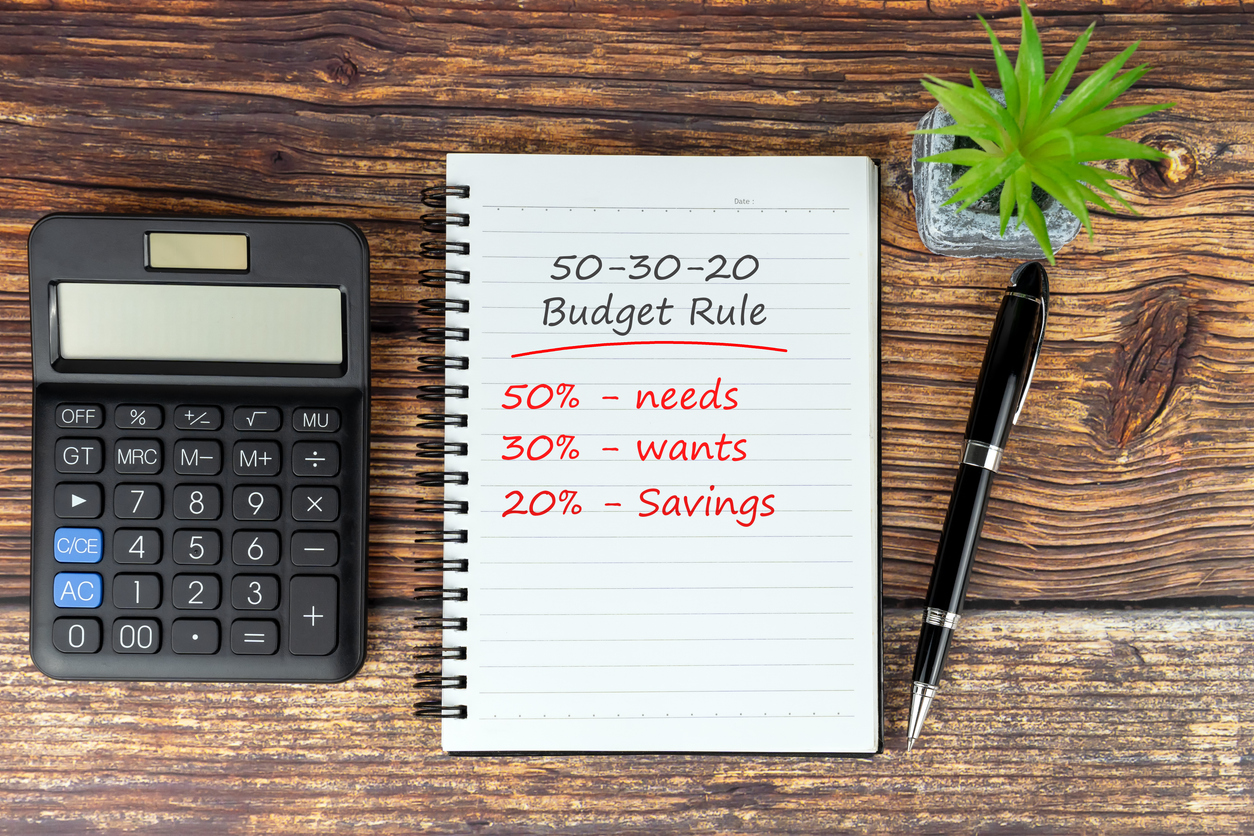Most singles work; we have to. There is no one else to rely on other than ourselves. So, the ability to work fewer hours or to not work at all (unless you are retired) is rare and something few Solos experience. Along with running a home by yourself and being responsible for all the jobs around the house, we’re often left with little free time.
How many of us have had to choose between the expense of having something fixed in the house or going on holiday? One income can only stretch so far and don’t get me started on single supplements making solo travel even more expensive.
Toxic Workplaces Hit Singles Harder – A Solo Perspective
Living Alone | 12th September 2021 by Lyndsay Hall
Lyndsay talks about her experience of toxic workplaces and why negative working environments can hit singles harder, especially when working from home.

Most singles work; we have to. There is no one else to rely on other than ourselves. So, the ability to work fewer hours or to not work at all (unless you are retired) is rare and something few Solos experience. Along with running a home by yourself and being responsible for all the jobs around the house, we’re often left with little free time.
How many of us have had to choose between the expense of having something fixed in the house or going on holiday? One income can only stretch so far and don’t get me started on single supplements making solo travel even more expensive.
Add the complexity of a toxic work environment, and we have a whole lot of misery.
I call it the cycle of sadness. You are in a toxic work environment that you desperately want to leave but can’t afford to, or to retrain, because you need a new boiler or because you don’t have enough hours in the day to study. You have no partner to help pick up the slack, and even if you did leave your current job, the chances are you would end up in a new toxic work environment, so the cycle goes on.
Some people work for themselves, which comes with its own set of self-employed challenges – and they have been hammered during the pandemic. While those problems are valid, I am speaking here from my experience alone, as an employed worker.
Also, I can only speak from my generational perspective as a millennial, which apparently means I am a work-shy and emotionally unstable worker who always wants validation. Genuinely believing your working style essentially has strong connections with your upbringing, I have been working since the age of fourteen. My mother told me she would always cover everything I needed but that it was my responsibility to earn money for the things I wanted. Consequently, I like to think I have a pretty good work ethic.
A little bit of background about me. After finishing my degree amid a prolonged recession, I managed to get a job in one of the few hiring industries paying a good wage. Sales. Now, I never wanted to work in sales. No child grows up saying “I want to work in sales” when asking about their dream job (Being a superhero or a safari park keeper was more like it).
Unfortunately, neither of those options were a possibility, and neither was my next dream job of joining the police because they had a hiring freeze back then. The criminal psychology degree studied for over three years was pretty useless, and I just needed to get my foot on the career ladder somewhere.
It’s been nine years, and I’m still in sales. It’s not been an unhappy nine years, but neither has it been easy. I know we all experience some kind of pressure at work, but sales pressure is different. Sales pressure is outwith our control. You can be the best and most hardworking salesperson on the planet, but if customers are not buying or the industry you are in takes a nosedive, you can’t control it. Management doesn’t care about that, though, while many salespeople say you are only as good as your last good month, and I tend to agree.
Now you know a little about my working background, I’ll talk about the effect toxic working environments had on me and how the negative feelings can amplify for singles working from home.
What is a toxic workplace?
Firstly, let’s look at what a toxic working environment is:
Harder et al. (2014) defines a toxic work environment as an environment that negatively impacts the viability of an organisation. They specify: “It is reasonable to conclude that an organization can be considered toxic if it is ineffective as well as destructive to its employees.”
Hands up, who has experienced working for a company like this at one time or another?
Many things can contribute to creating a toxic workplace that is not even considered “work-related” – for instance, a manager being close friends with a certain member of your team and giving them preferential treatment.
Signs of a toxic workplace
Most of my experience within a toxic workplace has been when a company has money worries. This pressure gets passed down to the sales team because they are responsible for “bringing the money in.” I remember being told by one manager that if I (yup, me alone, even though five of us were on the team) didn’t hit my target that month, then the company would have to move money around so they could pay people. That was a fun experience.
As companies become more desperate for the money to come in, they pressure their sales staff to use underhand and manipulative techniques on their customers. Something I refuse to partake in. It is unsuitable for long-term customer relationships and can damage future revenue opportunities because your clients no longer trust you have their best interests at heart.
So, how do we, as Solos, manage to leave this negativity behind at the office?
Luckily, until the beginning of 2020, I either lived with family or my partner. So, the way I would offload a toxic week would be to talk to them about how I was feeling – or let go of it because I came home to a cooked meal, a glass of wine and a hug. When I first lived alone, it was so much harder to pull myself away from the crappy day headspace.
There is no one to offload to and no one distracting you from overthinking (I’m an overthinker myself and will often circulate different scenarios in my head). Living alone, you are solely responsible for leaving the office behind and your workday along with it. It’s not an easy thing to learn to do. I quickly realised the need for a quiet half an hour to clear my head when I got home from work, kind of like a circuit breaker before beginning to make myself dinner and doing evening chores.
Pouring myself a glass of wine at home doesn’t work for me as I don’t want to rely on alcohol to unwind. For me, alcohol and especially wine is best enjoyed with food and in social situations. So I struggle to reach for a drink and very rarely open a bottle of wine when home alone. If I did, I would feel under pressure to drink the rest of the bottle before it goes off even if I don’t want to. Taking my cues from Grey’s Anatomy, I usually choose to dance it out in the kitchen.
For most of the things people rely on partners or family members for, we Solos, develop our own coping mechanisms. We are a strong and resilient bunch who just keep going, putting one foot in front of the other, whatever life decides to throw at us. None of us, however, saw the pandemic coming.
Suddenly, the toxic workplace we had to deal with five days a week before returning to our sanctuary was invading our home, and we could not escape it. Most singles don’t live in a four-bedroom house by themselves. We are lucky if we can afford to buy or rent a place with more than one or two bedrooms. So, unless you were already a Solo working from home with a home office, your dining table became your office, or you had a room set up with a desk in the corner. Either way, the work toxicity now infected your special place – your home.
I find a considerable amount of toxic workplace mentality is caused by management not trusting people they hire (which in some cases is valid). However, I have nine years of solid sales experience and a record of repeatedly achieving targets.
I would like to say I was surprised when overnight, the pandemic meant working from home, and management thought I would forget how to do my job – thinking I would be twiddling my thumbs wondering what it was I was supposed to do be doing. However, I wasn’t at all surprised because they didn’t trust us when we were in the office either.
At its worst, I was receiving a ridiculous number of calls each day asking me to report on what I had achieved in the short time since their last call – which can cheekily be explained as ‘a need to know’ because managers could no longer eavesdrop on office conversations. It made me want to scream.
Distrust leads to micromanagement, and micromanagement makes no one happy. When remote working, micromanagement is twice as tough and has twice the negative impact when living and working alone. The negativity can keep piling on.
So why does a toxic workplace have more of an impact on Solos, in my opinion?
As a Solo, if work was your way of interacting with people, well, that disappeared when working from home. The camaraderie, laughs and jokes you used to enjoy with your team? Gone, albeit for the occasional Zoom call. The manager you put up with because you had a great team? Apparently, they couldn’t get enough of talking with you.
Not only had you lost the fun parts of work, but the unfun parts intensely multiplied, and working from home alone, put you under the microscope. On top of that, when you finish work, you have to exist in the same space where you just spent the whole day feeling crappy.
How do we escape a toxic work environment?
First, we need to evaluate what is truly important to us and ask ourselves the right questions.
Can you reorganise your time, allowing you to retrain?
Can you economise on bills and potentially take a small pay cut to work for a different company?
Would having less money have more of a psychological impact on you than your current work environment does?
Could changing something else in your life create enough positive results to reduce the impact of a toxic work environment?
I spent a lot of time asking myself these questions. Luckily, halfway through 2020, I was headhunted for another role and knew it was time to jump ship. I was at a point where my job made me so depressed I didn’t know what to do with myself.
Thankfully, it was the right decision. I am now autonomous, trusted and supported by my boss, and while taking a pay cut to make the move and missing the extra money I had before, I have no regrets about my decision at all. In my humble opinion, it’s easy to be a good manager and create a positive work environment, and I don’t understand why some companies find it difficult to achieve.
I’m now enjoying all the benefits of working from home, especially the flexible working hours and not losing time to a daily commute. Both create more time to do the stuff I need to do for myself and around the house.
Remember, if you are stuck in a toxic work environment, it can be just as psychologically damaging as being stuck in a toxic relationship. Reach out, talk to someone and do not suffer in silence.
If you feel you are being bullied at work, make sure you become a pain in HR’s butt until they do something about it. Sidenote, never work for a company that does not have an HR person. Your direct manager cannot be your HR person, nor should anyone with a conflict of interest, say, the owners of the company’s husband or wife. At the interview, ask about the HR person and company policies. You are there to interview them as much as they are you.
If a company shoots up too many red flags and questions, then don’t take the job, and if it seems too good to be true, then it probably is.
Share this post:
Hear from Solo Living now and then by signing up to our mailing list




















